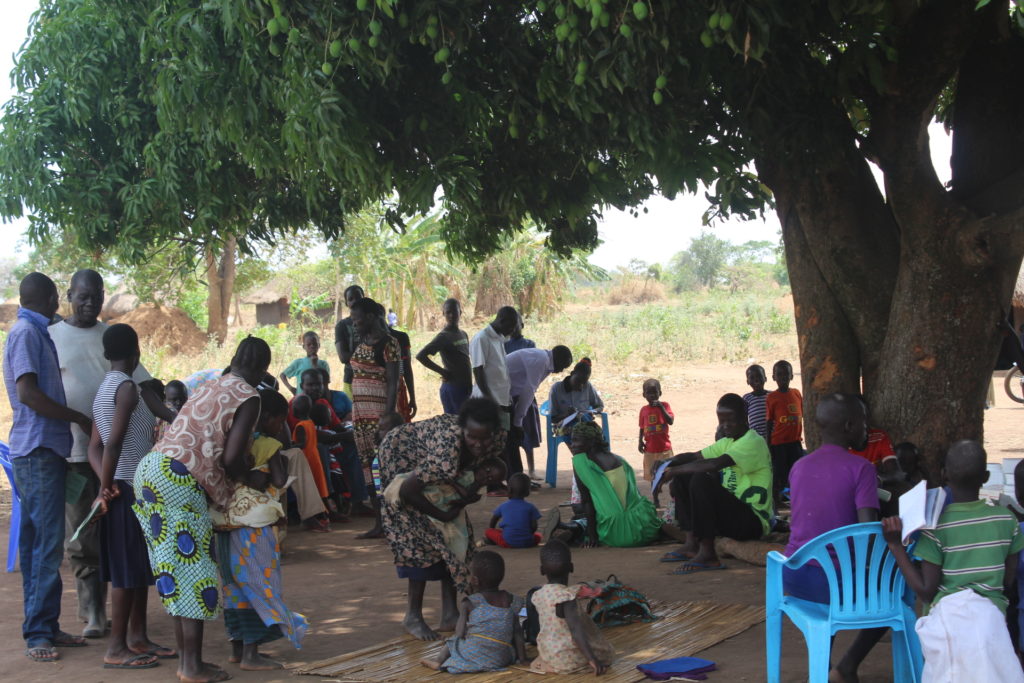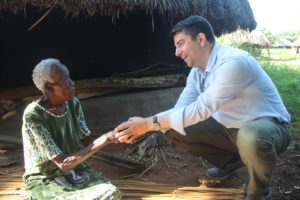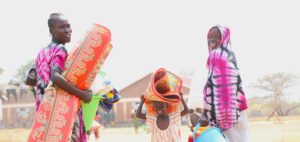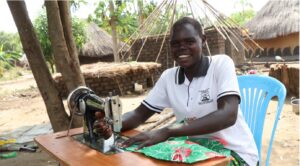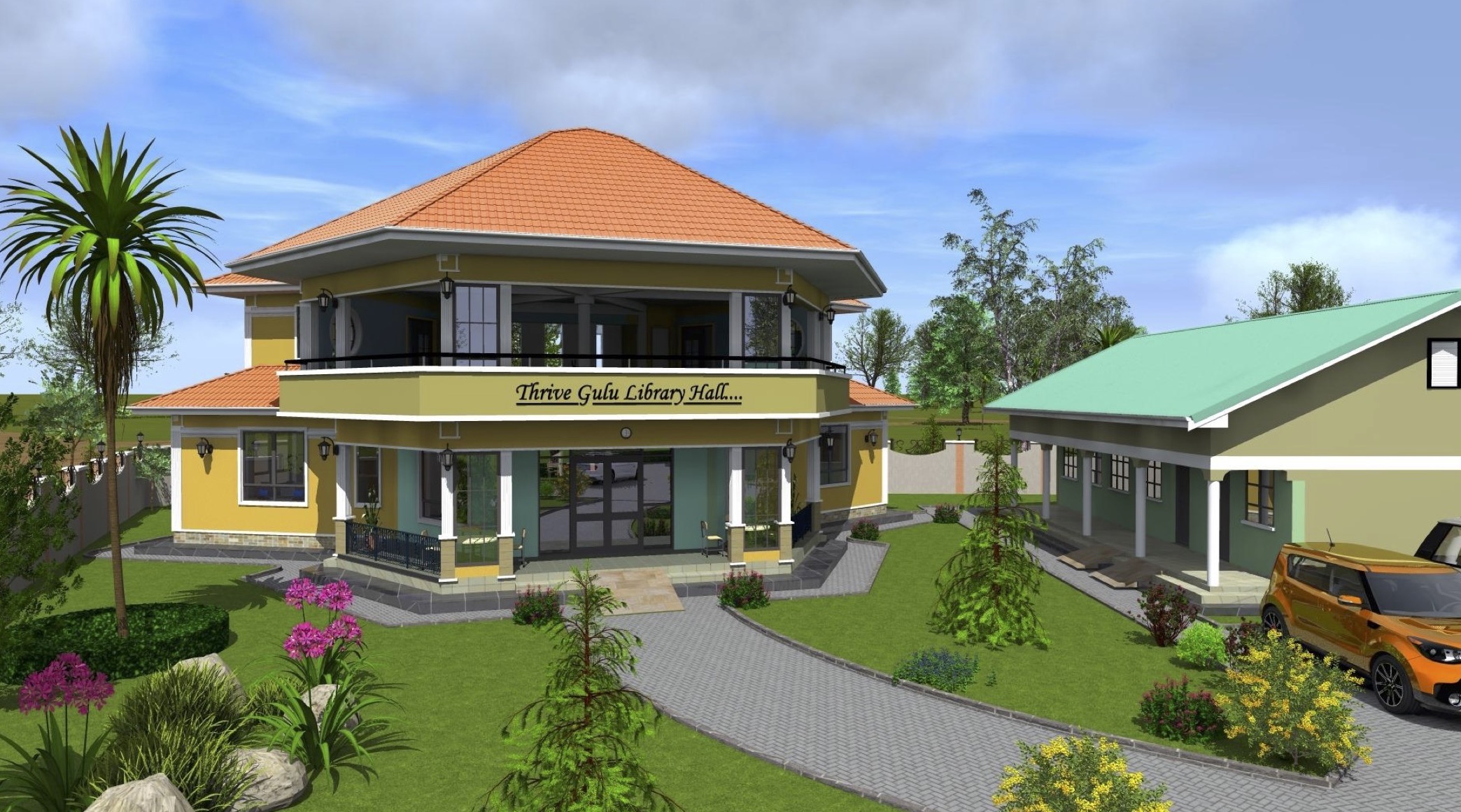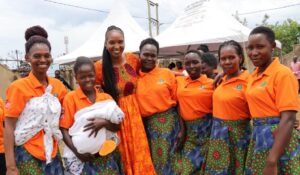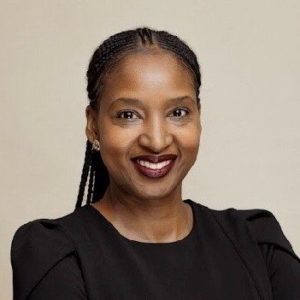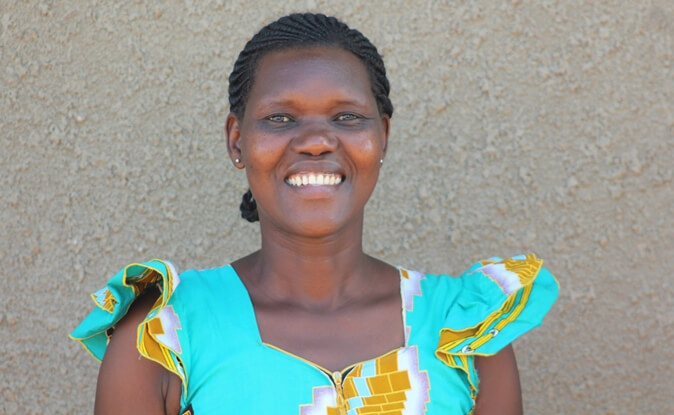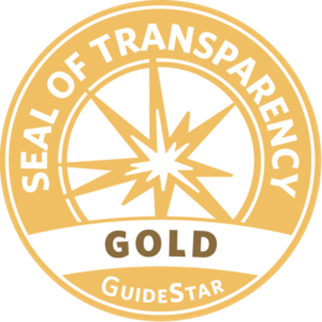During the conflict in Northern Uganda, many health centers and schools, particularly in rural areas, were destroyed. Professional staff were displaced along with most of the rest of the population of Northern Uganda, and many found opportunities elsewhere and didn’t return. Today, the government of Uganda is still trying to rebuild medical and educational infrastructure. But the process is very slow going, and some areas of Northern Uganda are still completely neglected, with no access to health services or even roads.
As part of our partnership with the USAID/SAFE program, we have been busy this month conducting mobile clinics in these underserved, hard to reach areas, in order to increase access to mental health and other medical services. During these clinics, THRIVEGulu counselors and staff travel with mental health specialists Gulu to educate the communities on mental health issues, examining clients, and prescribing and dispense vital medication.
In rural areas, many people still go to witch doctors as their first priority when they are sick, and treat themselves with medicinal herbs. This is because they don’t have knowledge and awareness about mental health problems and treatment options, but also because in many rural areas health clinics can be many hours away and inaccessible for most people.
At one recent mobile clinic, we met Ochora, who brought her 16-year-old daughter for treatment. She said: “I had to visit the witch doctor to treat my daughter for epilepsy. But just like I thought, nothing happened. I didn’t want to go to the witch doctor, but my family members pressured me. The witch doctor told my daughter to drink three liters of local herbs every week. I had no other option but to follow her advice, because I wanted my daughter to get better”. They were spending a lot of their household income on what was ultimately a fruitless treatment.
Today Ochora’s daughter is recovering from epilepsy because of access to medication provided by the THRIVEGulu mobile clinics and support they have gotten to get treatment from the local health center. She is now able to complete daily tasks such as fetching water, which before would have been too dangerous for her to do by herself.
Mobile clinics are providing badly needed services to rural communities with very limited access to mental health services, but they are at best a temporary, stopgap measure. THRIVEGulu is continuing to work to strengthen the mental health services available in these areas of Northern Uganda destroyed by conflict.

